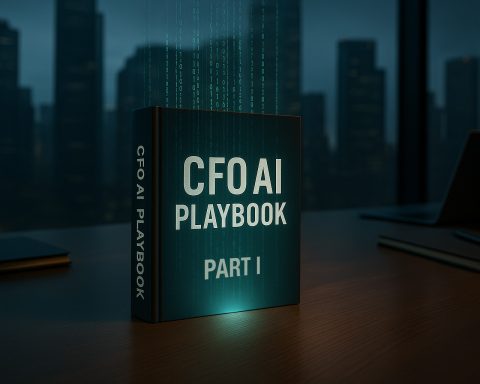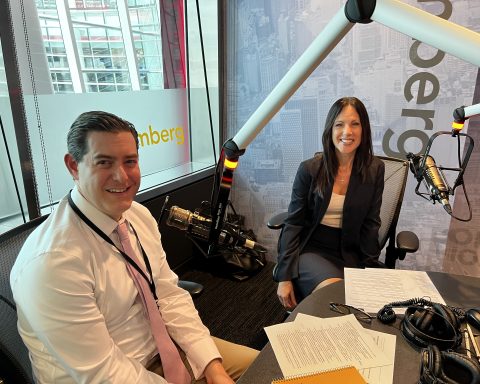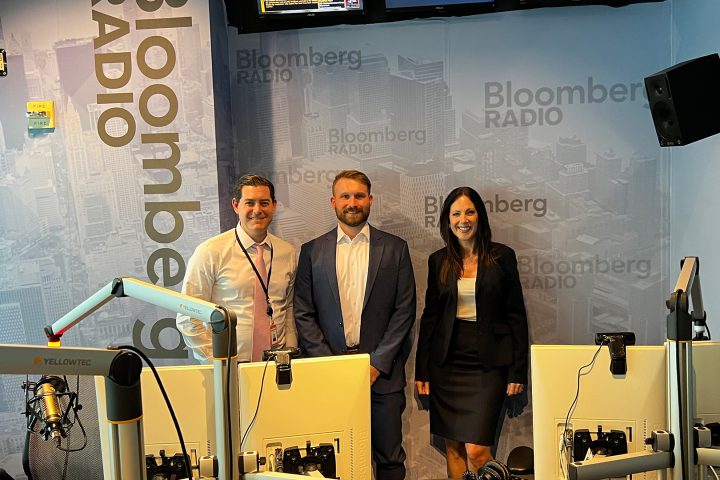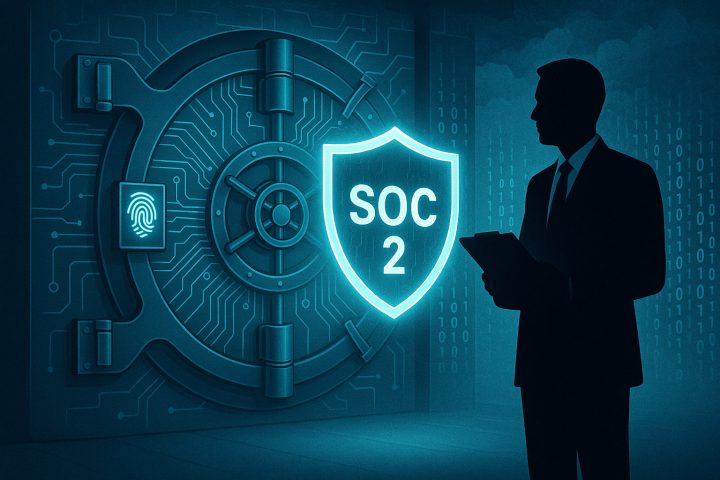According to a LinkedIn poll, “nearly 46% of professionals surveyed are considering leaving their jobs in 2024.” As financial and operations leaders, we know the cost associated with turnover. Cost components can include temp staffing, recruitment costs and training to name a few. Additionally, an often-unconsidered factor is the impact on knowledge of your organization.
One of the focuses coming out of the “great resignation” has been on knowledge retention not only due to staff turnover, but specifically in finance and accounting roles as the AICPA reports that “75% of CPAs would have reached retirement eligibility by 2020.” The critical nature of the finance and accounting function can have a domino effect impacting other parts of your organization.
In addition to succession planning, through the work of EDM, we have developed a model to address the current state of the labor market and the adverse impact on finance and operations seeking to avoid circumstances like Tupperware who delayed reporting due to staffing issues in April 2024.
Through the work of EDM, school districts, municipalities and special districts in particular who traditionally cannot offer the pay incentives or bonus structure of corporations had support to ensure compliance and improve efficiencies. EDM has had a core strategic focus identifying areas for these organizations where continuity of operations can be achieved on a long-term basis through us. In addition to stability in supporting transitions, we carved out critical financial functions to support new leadership with financial planning and analysis, budget development, reporting and audit preparation to name a few. These and other critical functions are essential to be completed consistently and timely.
In many cases the relationship EDM has with organizations is a cost savings often recommending system improvements or leading a LEAN process review to sure repetitive and wasteful steps. Regardless of your industry consider the following essential questions in determining your organization’s knowledge strategy:
- What are our essential areas to operate and how can we create redundancies internally and with external providers?
- What is the value our processes provide for employees as well as external parties and how can this value be grown to expand our productivity as well as preparation for unanticipated situations?
- When was our last comprehensive organization-wide SWOT analysis to determine how knowledge retention factors into our actionable roadmap?
The time to retain knowledge as an organization is not when someone tenders a resignation or retirement. The time to review your knowledge transfer is now. Our model works with agencies to document processes, cross train and identify solutions to ensure a business continuity model. With one client, we developed and continue to maintain a forecasting model that is fully integrated into onsite operational needs and metrics but is completed by our staff to ensure continuity as well as consistency in the assumption and analyses to the Board of Directors.
Consider your next steps in your organization to raise awareness for knowledge retention and the important role it plays and the considerable risks if knowledge retention is ignored.




























